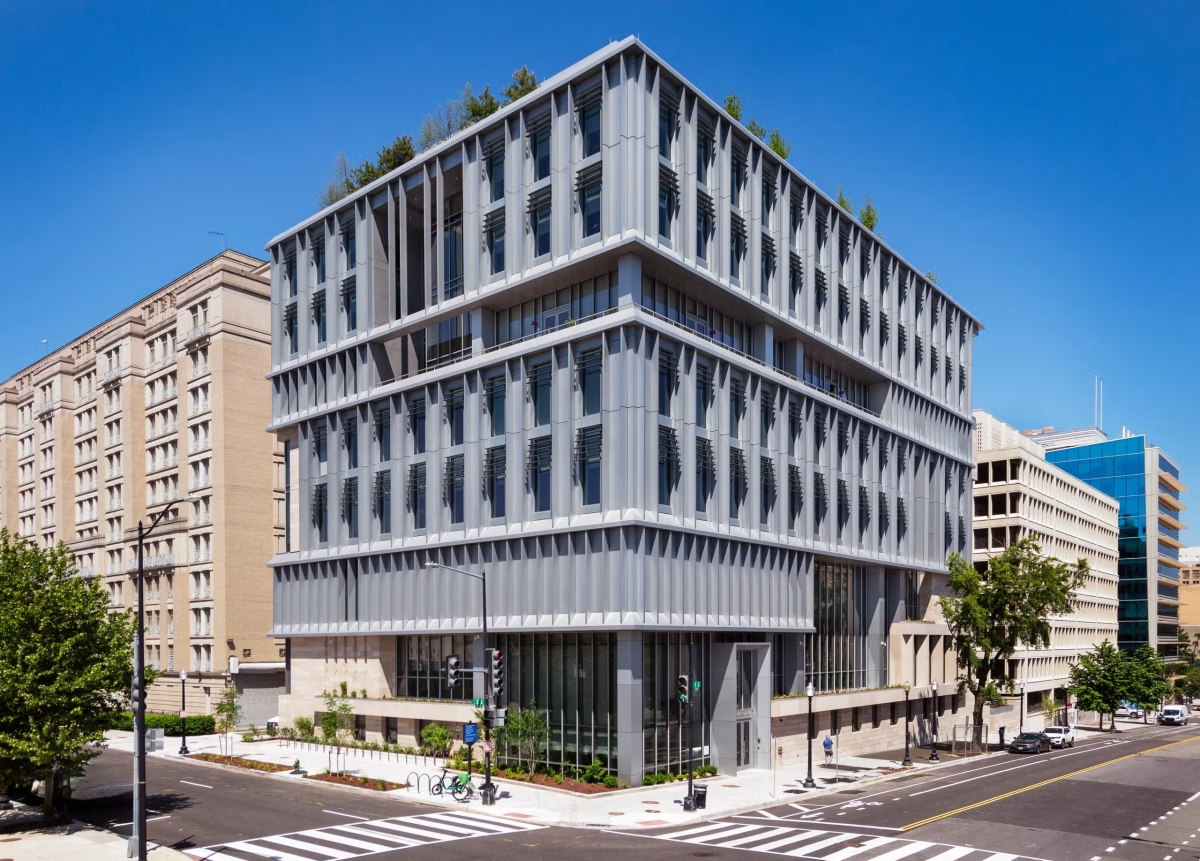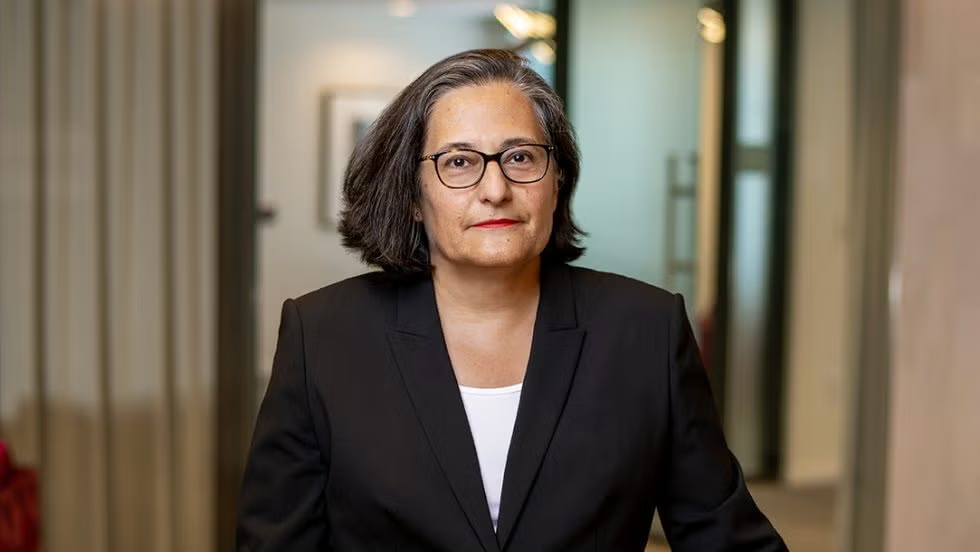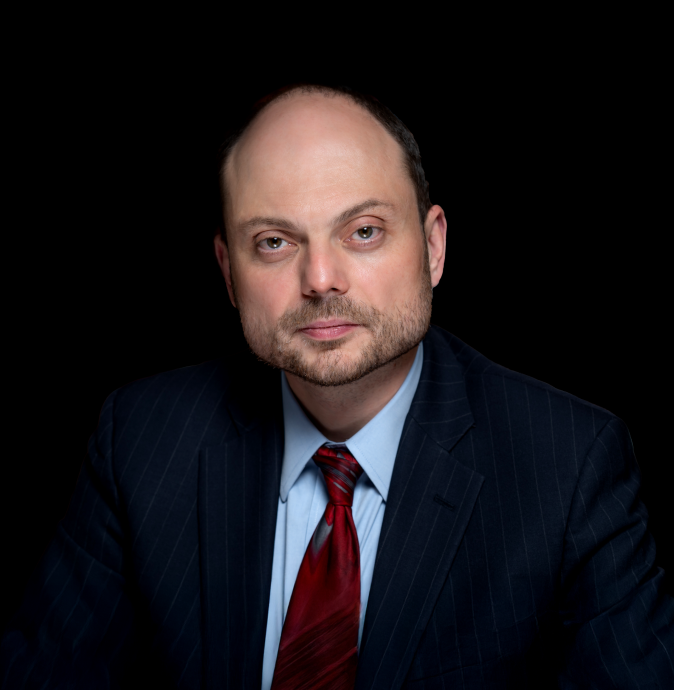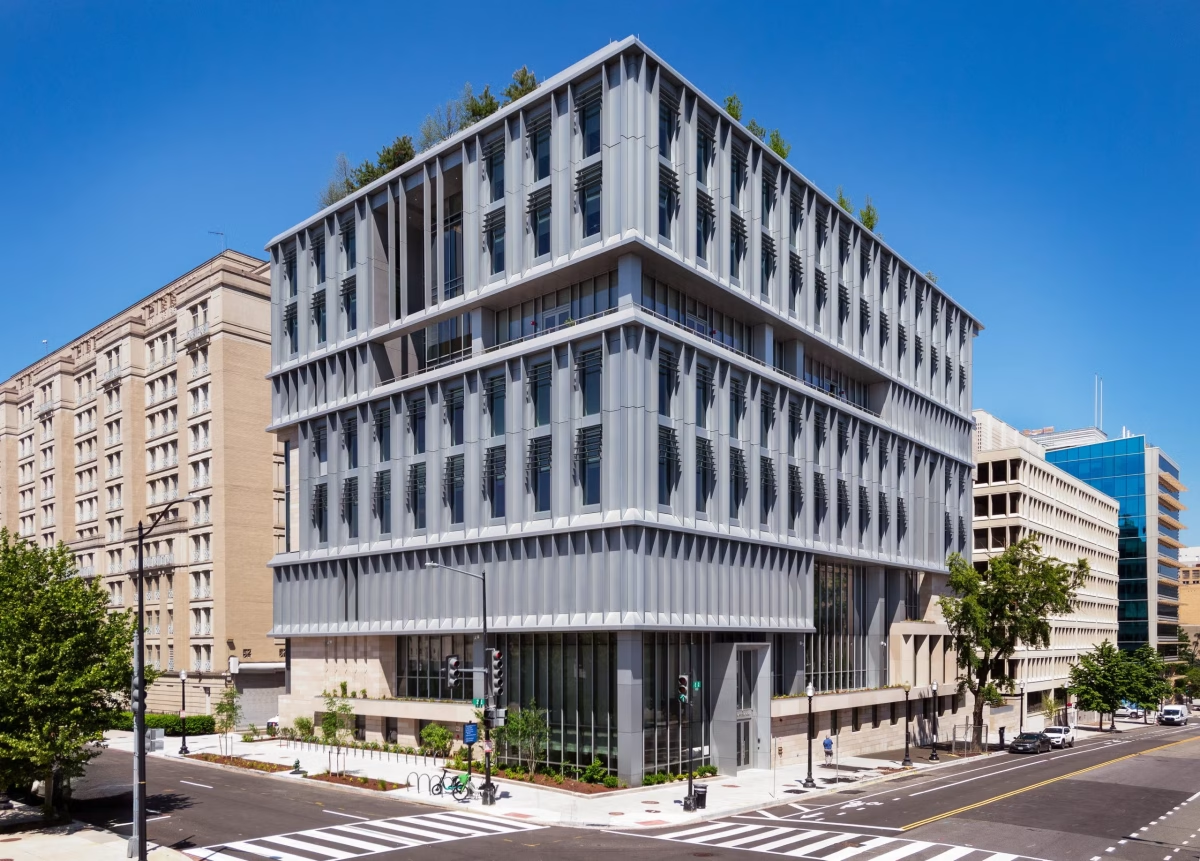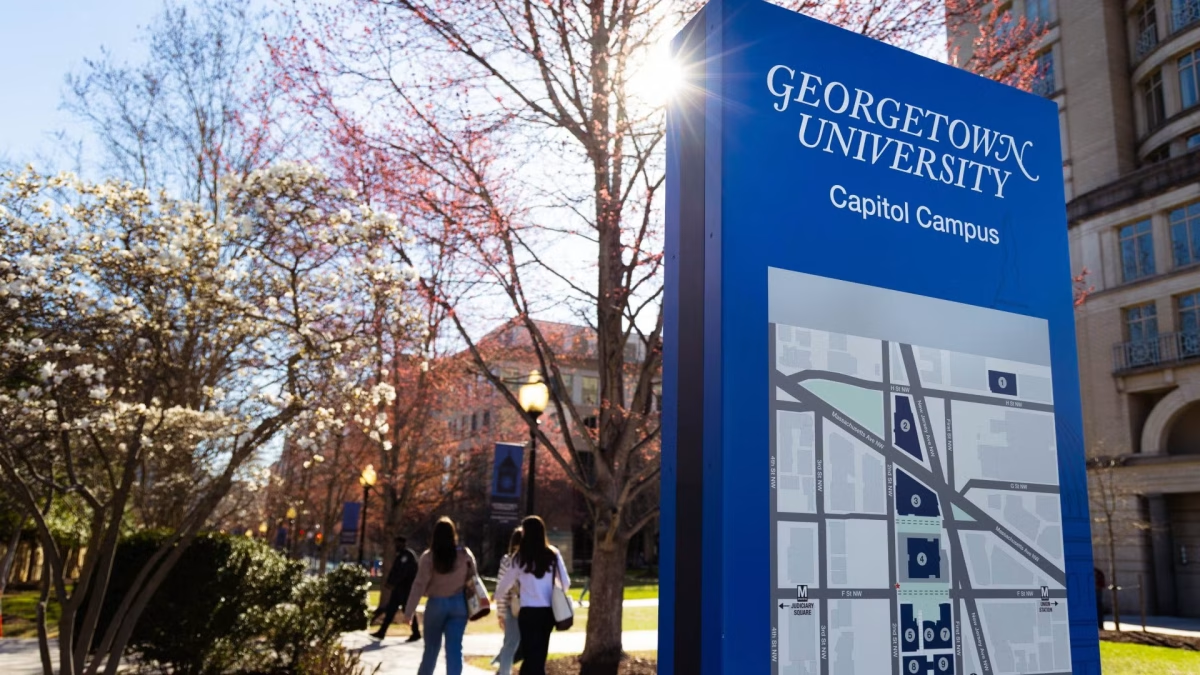The Bill & Melinda Gates Foundation — a charity organization focused on global health, education and poverty alleviation — awarded $2.3 million to Georgetown University’s McCourt School of Public Policy and the University of Michigan’s Ford School of Public Policy to a joint research center.
The center, the Better Government Lab, works alongside government agencies such as the U.S. Social Security Administration to increase their efficacy by making their services easier to understand and more accessible to the public. The Gates Foundation’s funding, delivered over three years, will allow the center to partner with more agencies and scale up its research.
Maria Cancian, dean of the McCourt School until Nov. 1, said the Gates Foundation’s support will be critical for the Better Government Lab and its programs.
“The support from the Gates Foundation allows the Better Government Lab to scale its operations and partner with a larger number of states and agencies,” Cancian wrote to The Hoya. “This research will generate evidence and insights about how best to reduce the burdens that people experience in applying for social safety net programs and inform policymakers about how to make government more effective.”

Jeremy Barofsky, an associate research professor at the McCourt School and executive director of the Better Government Lab, said the new grant will play a significant role in advancing the lab’s work.
“This grant from the Gates Foundation represents a significant step forward to advance BGL’s mission of making government work better for all people,” Barofsky wrote to The Hoya. “In particular, it will allow us to expand our impact evaluations and strengthen the evidence on what digital solutions are most effective at increasing safety-net access.”
The Better Government Lab’s research focuses on understanding the various administrative, behavioral and social burdens that prevent individuals from accessing social safety net programs such as the Supplemental Nutrition Assistance Program (SNAP), Old Age and Survivors Insurance (OASI) and Medicaid. Many more people are eligible for government support than obtain these services, as processes and applications can be complex and frustrating to navigate.
Barofsky said addressing the gaps is important because it minimizes the harm of not receiving benefits.
“This gap is caused by administrative burdens that make interacting with many public programs frustrating and time consuming,” Barofsky wrote to The Hoya. “By measuring these burdens and making clear how they affect vulnerable populations, we seek to minimize them, make government work more efficiently, and increase the resources available to low-income families nationwide.”
Donald Moynihan, a professor at the Ford School and co-director of the Better Government Lab, said accessible social services benefit individuals throughout their lives.
“We know from research, in the short run and the long run, we see people who can access benefits are more likely to have better long-term outcomes in terms of things like health and economic mobility,” Moynihan told The Hoya.
Most of the center’s work revolves around researching administrative burdens through distributing user surveys and conducting case studies to provide government agencies with evidence-based policy recommendations.
Sebastian Jilke, a professor at McCourt and co-director of the Better Government Lab, said that the center’s work is a continuous cycle of research that will aid policy decisions.
“The process of generating evidence is probably not a journey where you have a defined endpoint,” Jilke told The Hoya. “At the end of the grant, what we plan to do is communicate our findings to policy makers and to policy implementers.”
Cancian said that the Better Government Lab has a crucial impact on uplifting individuals by making social safety net programs more accessible.
“The Better Government Lab is an important McCourt School research center working to improve the lives of the most vulnerable through rigorous evaluations designed to improve the delivery of critical social programs,” Cancian said.
Jilke said conducting research into social safety net programs is crucial because of its impact on individuals most in need of help.
“It is of incredible importance to look at ways how the state can meaningfully reduce burdens to improve access and thereby help people get the services that help them to thrive in life,” Jilke said.







